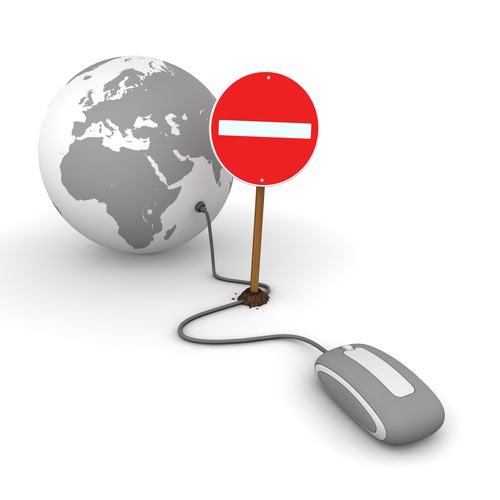By DAVID ANGOTTI at Search Engine Journal
 When Twitter announced they were instituting anew censorship policy, the micro-blogging platform faced an immediate and severe backlash from the majority of the web community. Now, as a result of a previously announced change to the Blogger platform that was initially announced on January 9th, the Blogger platform has also come under scrutiny. The change, which deploys a country-specific URL to the Blogger platform, will allow Google to censor and remove content on a country-by-country basis similar to the new Twitter policy.
When Twitter announced they were instituting anew censorship policy, the micro-blogging platform faced an immediate and severe backlash from the majority of the web community. Now, as a result of a previously announced change to the Blogger platform that was initially announced on January 9th, the Blogger platform has also come under scrutiny. The change, which deploys a country-specific URL to the Blogger platform, will allow Google to censor and remove content on a country-by-country basis similar to the new Twitter policy.
